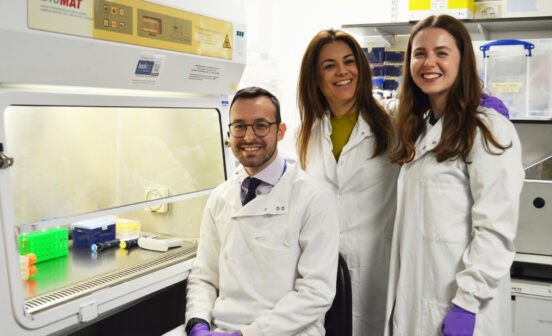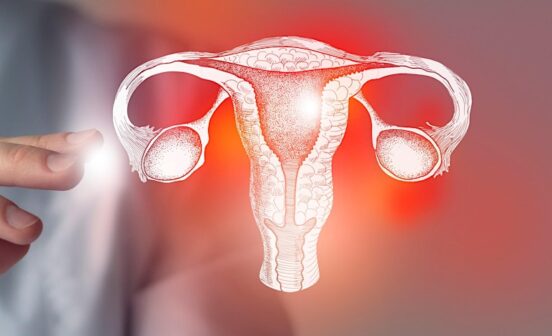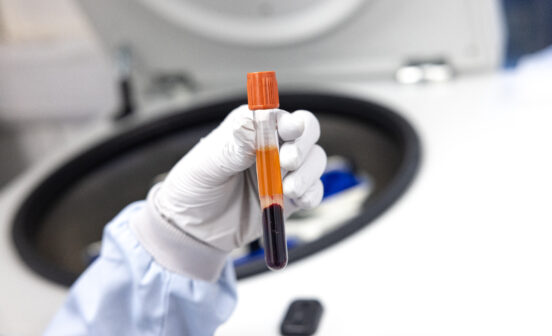Therapeutic Gestational trophoblastic disease
The Charing Cross Gestational Trophoblastic Disease Centre is the world’s largest centre of its kind. We have treated over 2500 patients with the various forms of gestational trophoblastic disease (GTD) and have the largest experience of the disease worldwide. We have played an international leading role in establishing effective GTD treatment and management protocols. GTD refers to a group of conditions in which tumours grow inside a woman’s uterus.
We are the leading centre that defines standard of care and research across the globe and have advised on the development of CR-UK guidelines for the treatment of trophoblastic disease, most of which has been based on studies carried out at the Imperial Centre for Endocrinology.
This includes the new policy for monitoring patients with a persistently high marker (greater than 6 months) after the end of treatment and the refinement of chemotherapy for high-risk patients through the use of gentle induction treatment. This has eliminated early deaths.
We also established that egg donation from an unaffected woman can enable women to achieve a normal pregnancy when they have an inherited form of the disease resulting in only repetitive molar pregnancies (a non-viable fertilized egg implanted in the uterus and will fail to come to term).
In addition, because of our long-term monitoring programme, we have been able to establish that women undergoing multi-agent chemotherapy for less than six months in total duration have no overall increased risk of developing second cancers later in life.
The NIHR Imperial BRC is engaged in establishing a European Reference Network for rare gynaecological cancers. It is also a major driver of the European Organisation for Treatment of Trophoblastic Diseases. In GTD we still lose patients mostly from drug resistant disease. Our laboratory science has identified several new targets to either reverse resistance to existing agents and / or provide direct therapies. Two of these are already about to be tested (the anti-PD-1 antibody pembrolizumab and the anti-endoglin antibody TRC105) with studies being developed. At least one other (Wee1) should be actionable, for example with AZD1775.
In GTD we will be using our national and international databases together with our tissue, urine and blood biobanks to continue to refine prognostic markers enabling improved stratification of patients for the least toxic / most appropriate therapies.





